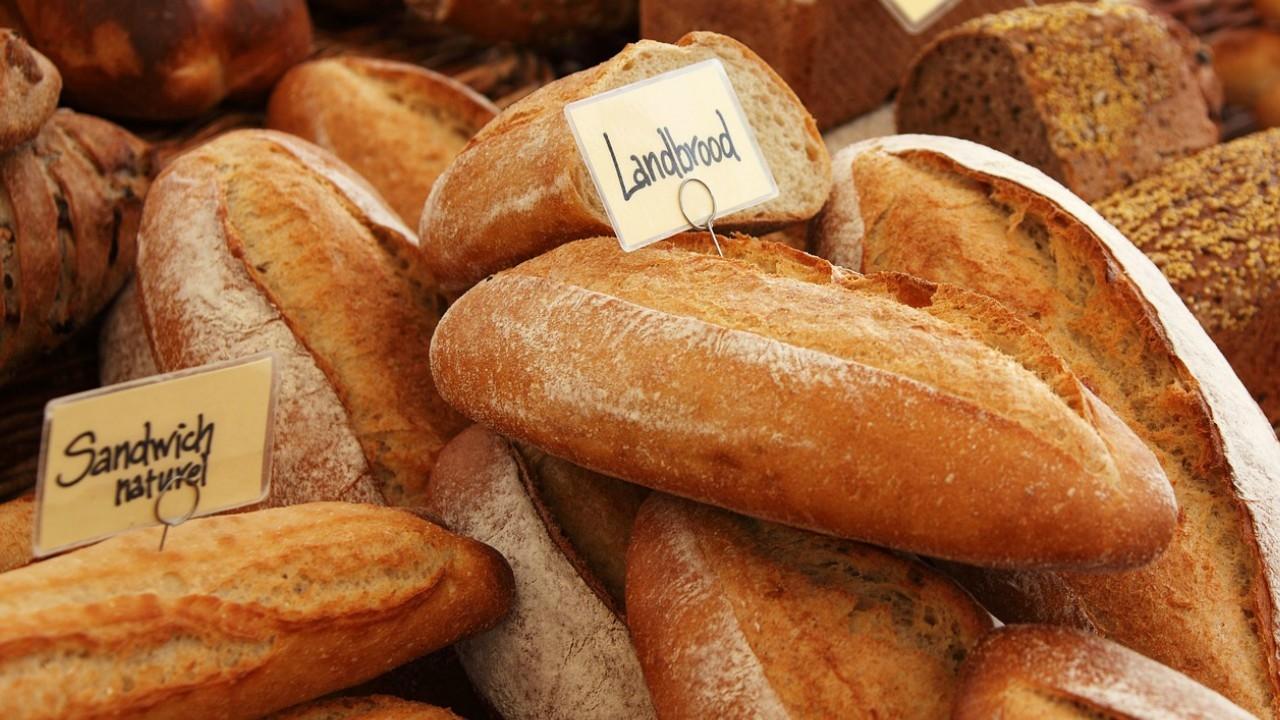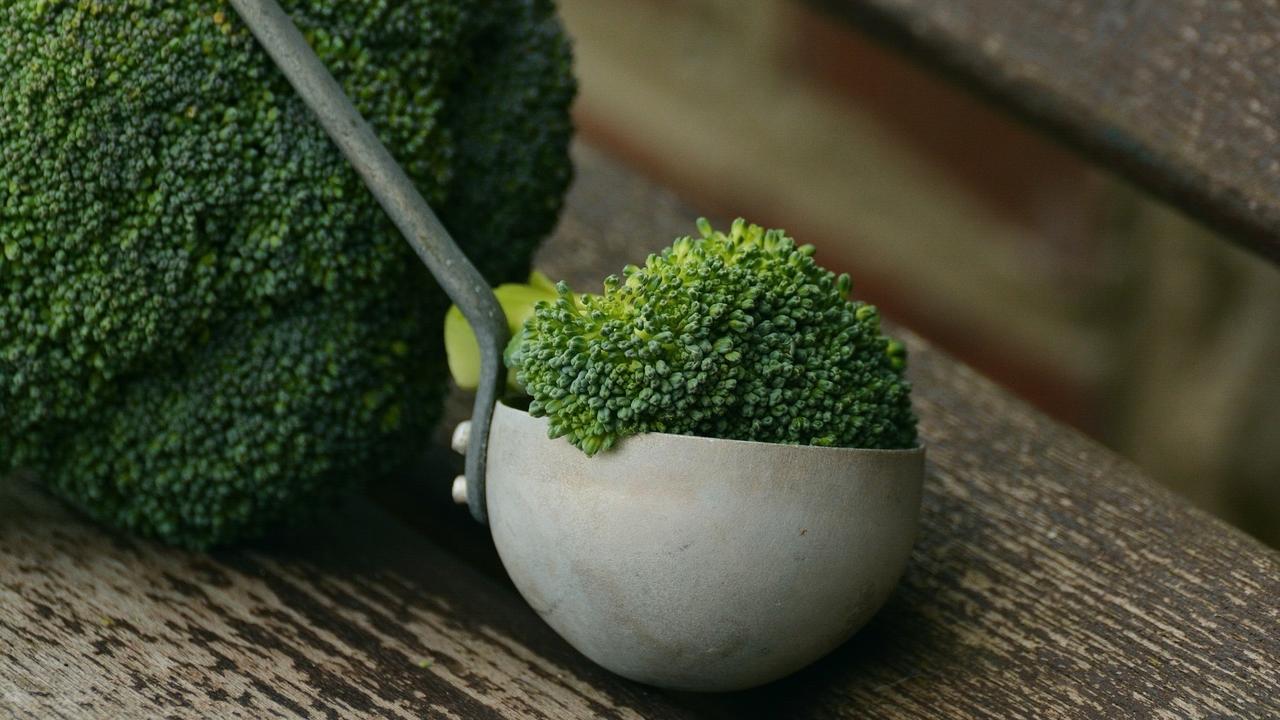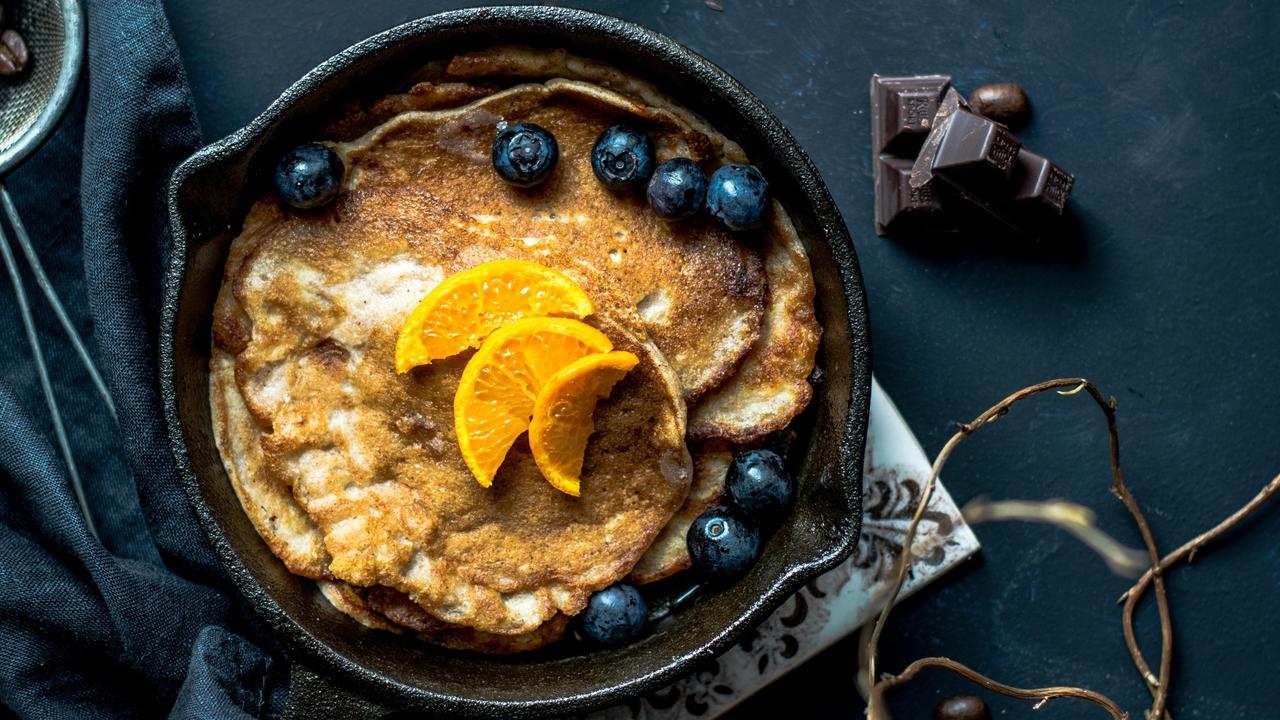Should you go keto to lose some weight?

The ketogenic diet has become very popular for weight loss. With good reason. If you can stick to it, it is an effective way to lose weight. In the last post we covered exactly what the ketogenic diet is and the many metabolic benefits of nutritional ketosis including the impact it can have on several chronic health conditions. To get all of that information, just click here.
Today though, we are going to cover the most common reason people think about going keto and that is to lose a little weight.
Why does keto work for weight loss?
Yes, the ketogenic diet does work for weight loss. There are several reasons for this.
- You are paying attention to what you eat.
- With fewer carbs you will lose some water weight in the first week or two.
- Eating fats and protein leaves you feeling fuller than consuming carbohydrates.
- Some people really do need to limit their carbs because their body has become “carbohydrate intolerant.”
The first reason...
Should You Go Keto? (Ketogenic Diet)

The ketogenic diet gets a lot of coverage in the health media. And that coverage is well-deserved. There have been very few dietary interventions that have the impact on blood sugar, insulin, cholesterol, high blood pressure, and weight that the ketogenic diet does. Yet, the “medical establishment” still frowns upon its use largely because it requires that you consume fat. And for at least a generation, we have been misled by the unsubstantiated claims that low-fat diets are the healthy way to eat. First, let’s take a look at exactly what the ketogenic diet is. Then we’ll cover the pros and cons of the ketogenic diet with regard to heart health, diabetes, weight loss, and cancer.
What exactly is the ketogenic diet?
Most of you can probably answer “low-carb” right away. But the real health benefits come from being on what has been called a “well-formulated ketogenic diet” and not just low-carb. The well-formulated...
Are You at Risk for Broken Bones if You Are On an Aromatase Inhibitor?

This is the second post on bone health and why it is so important for breast cancer survivors. In the first post, we covered the causes of bone loss, who is at risk, and what you can do to keep your bones strong. To read that post, just click here, and then you can come back to this one.
As you were going through breast cancer treatment, you knew to ask about the side effects of the chemotherapy and radiation, how long it would take to recover from surgery, and when you would be able to get back to a normal schedule.
But, as most of you have found out, the treatment can have subtle and long-term effects that you might not have thought of. Bone loss is one of those effects that can be overlooked. But you can’t blame treatment completely. Bone loss happens to us all as we age even if you are not a breast cancer survivor.
How do you know whether or not you have strong bones? The easiest and most accurate way to know your bone strength is with a...
What’s Your Bone Density?

An often-overlooked part of managing our maturing bodies is keeping our bones strong and healthy. This is especially important for breast cancer survivors since some of the medications you take can weaken your bones. In this week’s post we’ll cover the causes of bone loss, who is at risk, and what you can do to keep your bones strong.
The most common cause of bone loss is surviving past the age of 30. That’s right. Bone loss is a normal part of aging. As you grow your bone is constantly going through a process called remodeling which involves destroying and building bone. This process continues throughout life. Before the age of 30, you make more bone than you break down, and after the age of 30, you break down more bone than you make.
Since surviving past 30 is generally a good thing, what are some of the causes of bone loss that we might actually want to change? Here are some things that impact bone health that you have control over:
- ...
Which is Better to Fight Breast Cancer: Broccoli, IC3, or DIM?

We all know that eating vegetables is a healthy thing to do and can help prevent a lot of diseases including cancer. But are there some vegetables that are better than others at preventing cancer, and are some of these vegetables better at preventing breast cancer specifically?
Well, broccoli is one of those veggies that has been promoted as preventing breast cancer as a member of the cruciferous vegetable family. And there’s actually research to back that up.
This group of vegetables has been looked at for cancer prevention because some of the compounds in these veggies have very interesting anti-cancer activities. In fact, there are even a couple of nutritional supplements that have been developed from these compounds that are being used by some women for breast cancer prevention. I’ll talk about the wisdom of that choice in just a bit.
First, what are cruciferous vegetables? They include this list of veggies which you can see includes some of...
Why You Don't Know What to Eat

Why is it that no one seems to have a straight answer on what to eat?
We know that good nutrition and good health are inextricably linked. What we eat directly influences our health, our weight, and our future. Wouldn’t you think that the health care providers, the media, the weight loss experts, the diabetes experts, the heart health experts, and so many more...wouldn’t you think that they could all agree on what’s healthy and what’s not??
Though it may be hard to believe, it’s just not that simple. Here’s why.
Most of the confusion comes from how we actually conduct nutritional studies. A lot of nutritional studies are what we call observational. Basically, researchers observe what people eat and compare their health outcomes. The gold standard of research is a randomized controlled trial where you control the variables that could have an impact on the outcome and randomize subjects to a treatment group or a control...
Eating Awareness

Tell me if you’ve ever done this:
Ate your entire dinner while standing at the kitchen sink…
Ate in front of the TV, in your car, at your desk, while holding your phone in one hand…
Looked down at the empty bowl in your lap and wonder who ate all of your popcorn/chips/pretzels…
Didn’t dirty a single dish for dinner because you ate your meal from a container…
You get the picture, right?
Most of us would benefit from a practice that I call “eating awareness”. I am not asking you to meditate while eating or roll a raisin in your mouth for 5 minutes (although that is a mindfulness exercise that is really beneficial). I would just like to get us all to slow down and be aware of what we are stuffing in our mouths.
Here are some of the tips you can use to become more aware of what you are eating. This will let you enjoy your food more and probably lead you to consuming less. Yes, this could even lead to a...
Can Breast Thermography Replace Mammograms?

Don’t you just love mammograms? The comfort, the privacy, the instant and clear results? All so much fun right?
Isn’t there a better way?
I often get asked if there are any options other than a mammogram for breast cancer screening or follow-up. One of those options that you may have heard about is breast thermography. In this post I’ll discuss what breast thermography is, how effective it is at picking up breast cancer, and whether or not it can replace the incredibly enjoyable mammogram.
Thermography or thermal imaging is supposed to detect differences in temperature on the surface of the breast at the skin. The idea is that since cancer cells are so metabolically active, dividing rapidly, and may have more blood flow than surrounding tissues, they are generating heat that can be detected on the skin of the breast by one of these devices.
This idea has been around for a long time and makes sense on some level. After all, we have...
What to Do About Hot Flashes

One of the most distressing things about going through breast cancer treatment can be the onset of menopause and the hot flashes that go with it. In this post I'll give you some helpful tips on dealing with hot flashes and avoiding triggers.
What exactly are hot flashes?
If you have had a hot flash then I don’t have to tell you what they feel like. But for some of you, they are something you still have to look forward to, so let me explain what they feel like. Most women describe a sudden feeling of warmth in their face, neck and chest associated with intense sweating and then sometimes chills. Your heart rate can increase, and you may feel it “fluttering” (called a palpitation). You may feel tingling in your fingers or even light headed. Some women have one a month, others have one every hour.
They are thought to be due to the changes in reproductive hormones associated with menopause, especially a drop in estrogen. In women with...
Three Things Meditation Can Do for Breast Cancer Survivors

You’ve no doubt heard that meditation can benefit your overall health, but did you know that there are some very specific benefits of meditation for breast cancer survivors? This post covers research about three common problems that breast cancer survivors face and how meditation can help alleviate those problems. The three problems that I am going to touch on are anxiety/depression, sleep disturbances, and hot flashes.
Let’s begin with how investigators commonly teach and utilize meditation in research studies. One of the methods they use to teach meditation is called Mindfulness Based Stress Reduction or MBSR. This program was developed by Jon Kabat-Zinn at University of Massachusetts and has been widely used as a meditation training program across the US. Using it provides a similar structure to the meditation instruction that participants get across studies. But it is certainly not the only way to learn meditation.
...




